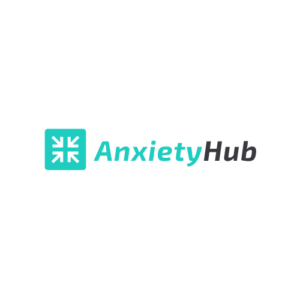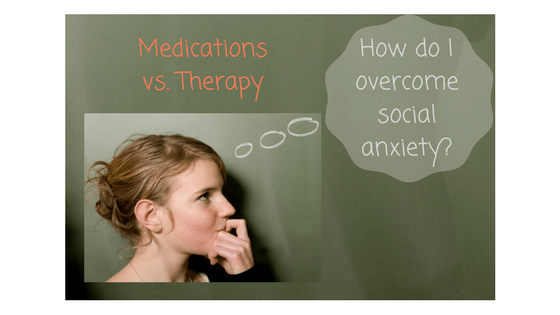→ Previous: Social anxiety treatment options
Here's how I think about medications vs. cognitive-behavioral therapy (CBT).
Maybe in time humans will come up with the perfect treatment for social anxiety i.e. one that works for all individuals all of the time. But at this point, that does not exist. But just because that does not exist, that doesn't mean we shouldn't be using the tools we humans have developed to try to help people achieve their goals and have a quality of life. So the tools we have now are basically drugs/medications and therapy. None of these have 100% success rate, but they do help many people. So when we look at studies, we're looking at which ones - and which combinations - have the highest success rate. Typically, the studies are looking at one of the medications alone, or CBT alone, or CBT in combination with one of the medications (or a category of medication like SSRI).
There are a lot of variables, hence a lot of studies. For example, doing CBT with therapists who have not been trained well in CBT brings down the success rate of CBT (so when we look at CBT studies we want to make sure the therapists are well-trained and experienced). There are a lot of different medications. There are also different flavors of CBT (CBT in groups, CBT in one-on-one therapy, CBT with desensitization/exposure, CBT with Acceptance and commitment therapy (ACT), Dialectical behavior therapy (DBT), etc.). In other words, there are many permutations!
My key take-aways from the social anxiety research:
Please comment or ask questions below!
→ Previous: Social anxiety treatment options
How to overcome social anxiety


